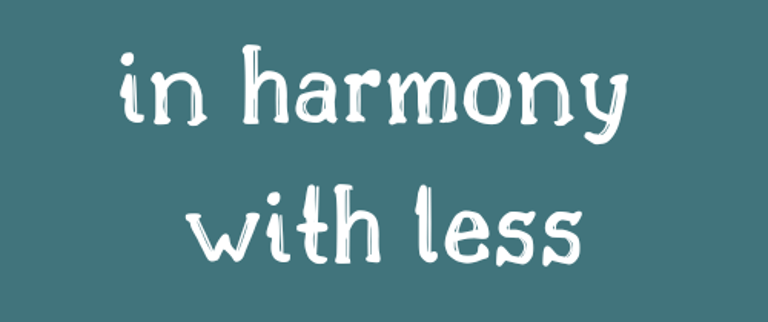What Science Says About Clutter & Why It Feels So Heavy
Because It’s Not Just “Stuff.” It’s Stress, Noise, and Cognitive Overload
6/6/20251 min read


If clutter makes you anxious, distracted, or just plain tired...you’re not imagining it.
Modern research confirms what many overwhelmed parents already know: Clutter is more than a visual problem.
It affects your brain, your nervous system, and your energy.
🧪 What the Research Tells Us:
Cortisol levels rise in cluttered environments, especially for women (UCLA study)
Visual clutter competes for your brain’s attention, creating fatigue (Princeton neuroscience lab)
Unfinished tasks and piles create a “constant to-do list” effect, increasing anxiety
Decision fatigue increases in messy spaces, making even small choices harder
And in homes with children? Multiply that by toy explosions, school papers, dishes, and emotional noise.
💛 What This Means for You:
You’re not “bad at tidying.”
You’re carrying a cognitive load that is scientifically proven to drain you.
That’s why gentle, rhythm-based decluttering—not perfection or one-time purges—can offer real relief.
✨ Tools like the Gentle Reset Tracker and Holistic Decluttering Inventory in the Toolkit aren’t just pretty pages. They help calm your brain and body through clarity, not chaos.
Because the goal isn’t a minimalist showroom. It’s a home that doesn’t yell at your nervous system.
Connect
Join our community of mindful parents and receive exclusive tips, guides, and resources on minimalism and sustainable living. Subscribe Now.
info@inharmonywithless.com
© 2026. All rights reserved.
